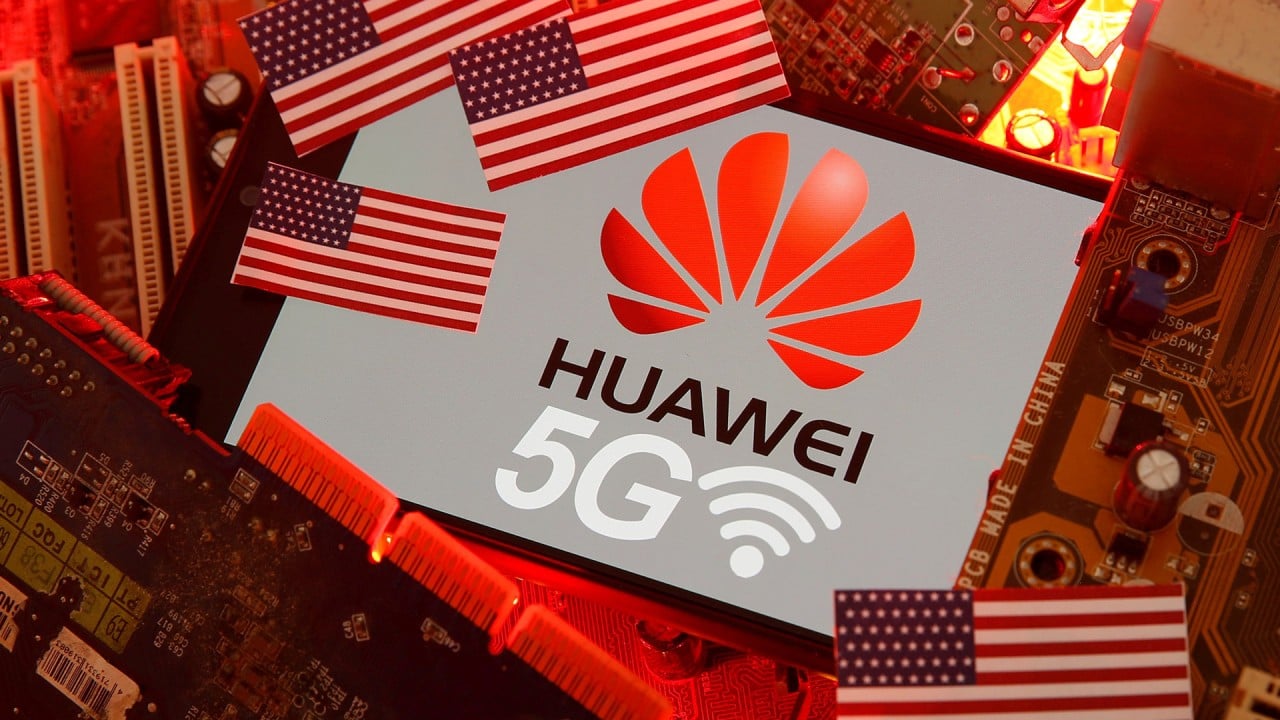Opinion | Should China wield antitrust laws to counter US attacks on Huawei amid global tech competition?
- Beijing sees a tit-for-tat strategy as essential to ensuring US cooperation. But weaponising laws could send conflicting signals to businesses, even as a new law US law targeting Huawei is unlikely to succeed

The Global Times, a Chinese newspaper that channels the views of hardliners within the government, said “China will take forceful countermeasures”, such as putting US companies on an “unreliable entity list”, launching investigations into US technology companies such as Qualcomm, Cisco and Apple for violations of antitrust and internet security law and halting China’s purchase of Boeing planes.
The government’s response echoes a classic tit-for-tat strategy. Start by cooperating, but as soon as your opponent defects, punish them. After the opponent receives their punishment and learns their lesson, they will think twice before attacking you again.

05:22
Huawei founder on cybersecurity and maintaining key component supply chains under US sanctions
This is not the first time the government has wielded the antitrust law as an instrument of trade and foreign policy. During US-China trade negotiations in 2018, China reportedly withheld antitrust approvals of large merger transactions as leverage against the Trump administration’s aggressive trade strategy.
.png?itok=mbe98xRb&v=1696402135)